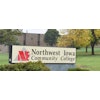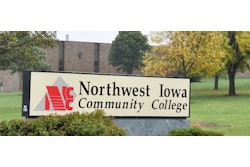Poverty, low health outcomes and access issues have remained prevalent in rural communities.
Now, however, COVID-19 has further brought those challenges to light.
In an effort to analyze the role of community colleges within rural communities, the Association of Community College Trustees (ACCT) released a new report titled, “Strengthening Rural Community Colleges: Innovations and Opportunities.”
The report, funded by the Bill and Melinda Gates Foundation, calls attention to the experiences of rural community colleges in five states including North Carolina, Texas, California, Kentucky and Iowa. With 32 of 37 main campuses located in rural areas, the research also examined six tribal colleges and universities (TCUs) in Montana and North Dakota.
“We may see a lot of these small colleges fold their tents and disappear because of financial and other pressures,” said J. Noah Brown, president and CEO at ACCT. “So, what are people in rural communities going to do at that point? They will have lost really the only postsecondary on-ramp to education that they have.”
Broadband internet, funding and meeting basic needs were among the three main challenges facing rural community colleges.
According to the report, rural Americans are 15 times more likely to lack Wi-Fi compared to those in urban or suburban areas. Additionally, 68% of Americans living on reservations were unable to access broadband.














